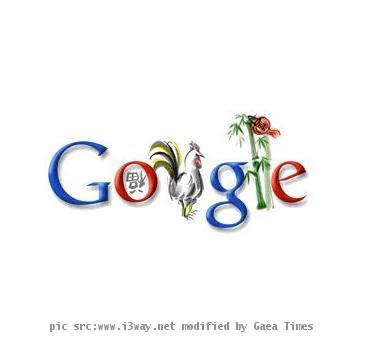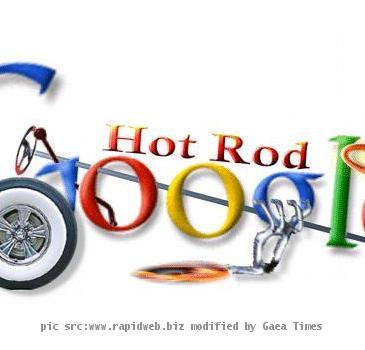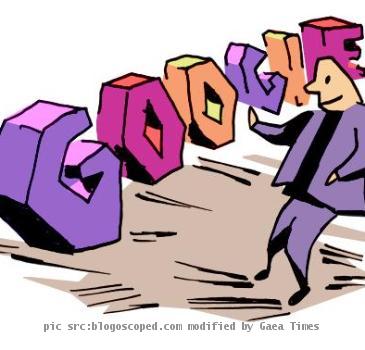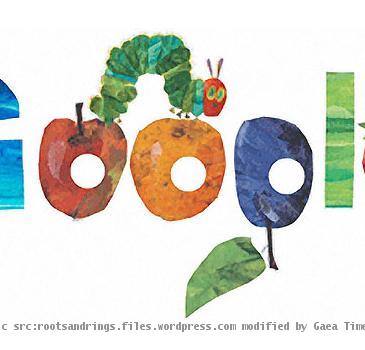New documents unsealed in Viacom’s lawsuit claim Google knew YouTube relied on pirated content
By APThursday, April 15, 2010
New round of documents aired in Viacom-Google case
NEW YORK — Before it bought online video service YouTube, employees of Google Inc. believed YouTube’s business was risky because it relied on pirated content and recommended pursuing a different strategy, newly released documents showed Thursday.
The internal Google documents, marked “highly confidential,” were obtained and released by media company Viacom Inc. in part to bolster its case in a $1 billion copyright lawsuit against Google and YouTube.
Viacom alleges the companies built YouTube’s success by promoting the unlicensed use of video taken from Viacom cable channels such as MTV, Comedy Central and Nickelodeon, rather than paying the creators.
Google bought YouTube for $1.76 billion in November 2006.
In one document, an internal review of Internet video services from May 2006, Google’s video division asserted YouTube’s business “is completely sustained by pirated content.”
Google also referred to YouTube as a “‘rogue enabler’ of content theft.”
The authors of that document sought to steer Google away from that model, saying the company should “differentiate based on our ‘respect for copyright.’”
Viacom sought the release of the files and Google recently relented. It is the second batch of three that Viacom wants made public.
A YouTube spokesman responded to the release of the documents Thursday, saying, “It’s revealing that Viacom is trying to litigate this case in the press. These documents aren’t new. They are taken out of context and have nothing to do with this lawsuit.”
Some documents suggested Google had an evolving strategy.
In one June 2006 e-mail forwarded to CEO Eric Schmidt and Google co-founders Larry Page and Sergey Brin, two employees recommended Google “pressure premium content providers to change their model towards free,” and to “set up ‘play first, deal later’ around ‘hot content.’”
YouTube and Google contend that Viacom employees themselves were releasing videos on YouTube to generate buzz for their shows and to reach new audiences.
In one prescient document from May 2006, Google said premium content owners “still don’t know whether Google is friend or foe,” and said if the company were to promote the theft of copyright-protected material, it could jeopardize its ability to work with them going forward.
Google was perceived by content owners as “a deep pocket and therefore worthy of a precedent-setting lawsuit,” the document says.
Tags: Computing And Information Technology, Entertainment And Media Technology, Internet Technology, New York, North America, Online Media, Products And Services, United States, Youtube



